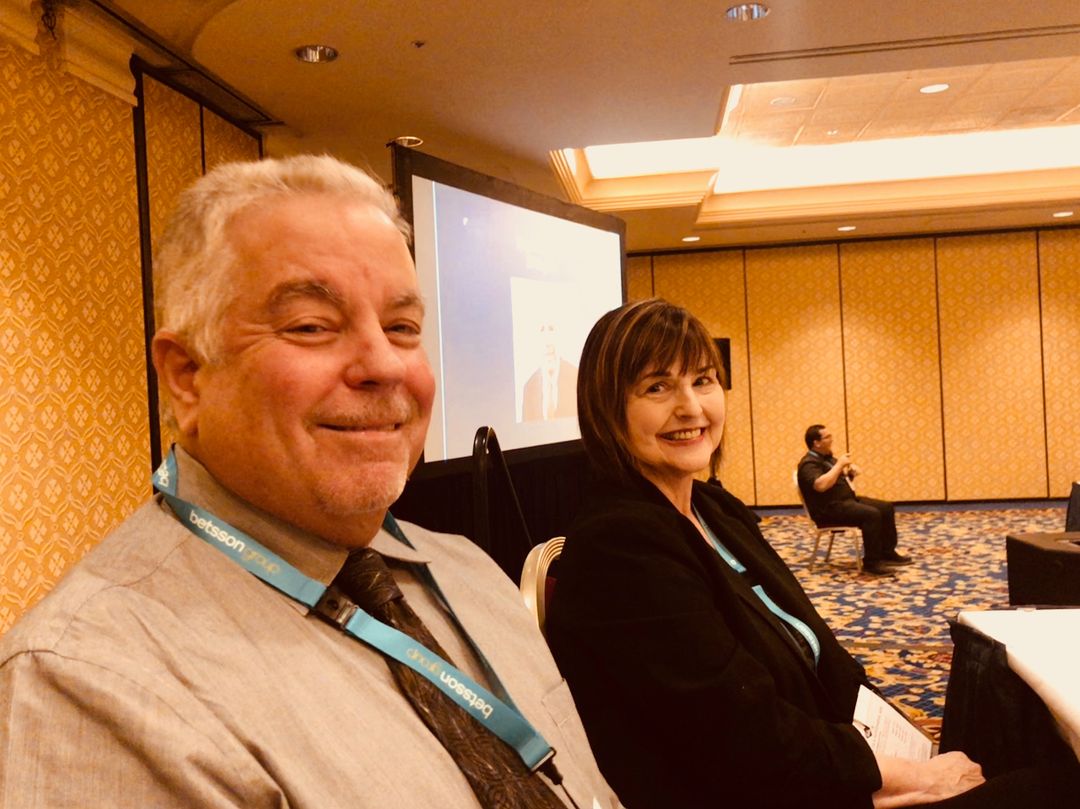
Covering gambling addiction is a challenging task for the media due to the relatively young nature of the field, which leaves many common questions about the impact of gambling unanswered. Moreover, the prevalence of unsubstantiated claims on social media blurs the line between peer-reviewed scientific research and unverified assertions.
To ensure responsible and accurate reporting on gambling disorder and responsible gambling, ICRG recommends the following guidelines for the media:
- When addressing claims about gambling disorder, seek supporting evidence from published research.
- Avoid assuming that any prevention measure or responsible gaming tool is inherently effective. Scientific research shows that interventions can either help, have no impact, or exacerbate the issue. Well-intentioned efforts at prevention can sometimes yield unintended consequences.
- Report on both our current knowledge and the areas where knowledge gaps exist regarding gambling disorder.
ICRG is fully prepared to support members of the media by providing answers to your queries and facilitating connections with researchers in the field. For inquiries, please email us at [email protected].
Thank you!
Media Advisory: 18th Annual NCRG Conference On Gambling And Addiction
•
September 25, 2017
NCRG Releases Guide To Reducing Gambling Addiction
•
June 12, 2017
Luke Clark, Ph.d., Receives Top Honor For Gambling Disorder Research
•
September 28, 2015
Media Advisory: 16th Annual NCRG Conference On Gambling And Addiction
•
September 26, 2015
NCRG Offers $800,000 To Study Gambling Disorders In 2014
•
February 20, 2014
Former Nevada Regulator Added To NCRG Board Of Directors
•
December 9, 2013
NCRG Awards $751,951 In 2013 To Study Gambling Disorders
•
October 9, 2013

